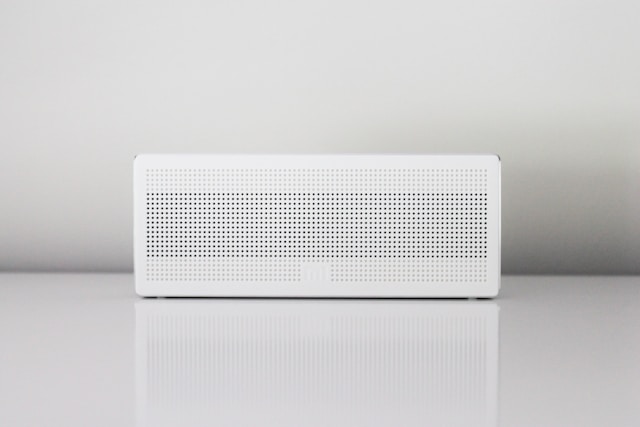People usually experience consistently warm, humid weather for a large portion of the year. For each house in the neighborhood to keep a cozy interior temperature, the air conditioning system must be in working order. The residential HVAC filter is a crucial part of your air conditioning system that keeps debris out of the unit and prevents it from losing performance. Gaining knowledge about the purpose of your HVAC air filter system and why frequent replacement is crucial can help you better understand it.
Understanding the Function of Air Filters
Air is drawn into the unit by the heating and cooling system through the registers, where it is heated or cooled, and then circulated through the vents in every room of the house. The air must pass through a filter before it can enter the furnace or air conditioner. Potential allergens may settle in your ductwork and circulate through the air you breathe if the filter is blocked with dirt and debris and is unable to filter out such particles. Your home’s overall air quality is greatly influenced by the air filter in it, so an affordable air conditioner replacement is recommended whenever this air quality is slightly compromised.
Need of Air Filters for HVAC system –
Removal of airborne particles and pollutants: The primary purpose of the furnace filters is to prevent dust, grime, and hair from getting to the various parts of your air conditioner. A cleaned filter will safeguard the remainder of the air conditioner and reduce the likelihood of performance problems like limited airflow and higher energy usage.
Improving indoor air quality: Whole-house filters have benefits beyond just better air quality. These filters lessen allergens that worsen respiratory conditions, making the living environment cleaner and healthier. Furthermore, whole-house filters save money in the long run because they need to be changed less frequently than ordinary filters.
Protection of HVAC system components: Air filters are essential for protecting HVAC systems from harm brought on by debris accumulation. Filters contribute to extending the life of the system by capturing particles before they reach delicate parts.
Improving energy efficiency: Clear air filters allow for improved HVAC system airflow, which eases equipment strain and boosts energy efficiency. Lower energy and utility expenditures can be achieved with a well-maintained filter.
How To Choose The Right HVAC air filter –
Measure Your Furnace Filter – Find the filter slot on your furnace or air handler first. Some houses also have filters located behind the return vents. Length, width, and depth are used to calculate the HVAC filter sizes. The simplest method, however, is to just purchase the same size filter by looking at the one that is already there.
Choose Your MERV Rating: Manufacturers may differ in the size of the air filter required to meet your heating and/or cooling requirements. It’s usually a good idea to review the filter size or rating parameters in your product manual for optimal results. As an alternative, you can get assistance from an HVAC specialist in selecting the appropriate kind, rating, and size of air filter.
Filter Efficiency: In general, high-efficiency air filters are thought to be the best filters for the majority of residential HVAC systems. Some filters may capture up to 95% of particles as small as 0.3 microns like 12x25x1 and 12x24x1, including dust, pollen, mold, and other irritants. A great way to keep dust and other particles under control is to use HVAC filters with MERV ratings 8,11, or 13.
Budget: Although the prices of the various kinds of air filters fluctuate greatly, most disposable filters need to be changed every 30 to 90 days. If you want to prevent this ongoing expense, you might wish to go with a washable filter that lasts for many years.
Conclusion
An essential part of keeping your HVAC system operating well and efficiently is changing the air filters. You can benefit from cleaner air, cheaper energy costs, and a cozier interior atmosphere by realizing their significance, choosing the appropriate filter, and maintaining your system according to best practices. You can rely on Custom Filters Direct to deliver the know-how and services required to maintain maximum air quality and a smooth operating system.


